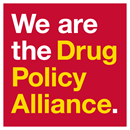 |
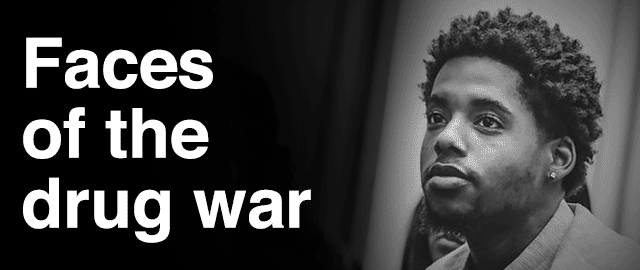 |
| |
A discriminatory history – and why we can't go back
Let's start at the beginning: |
|
| |
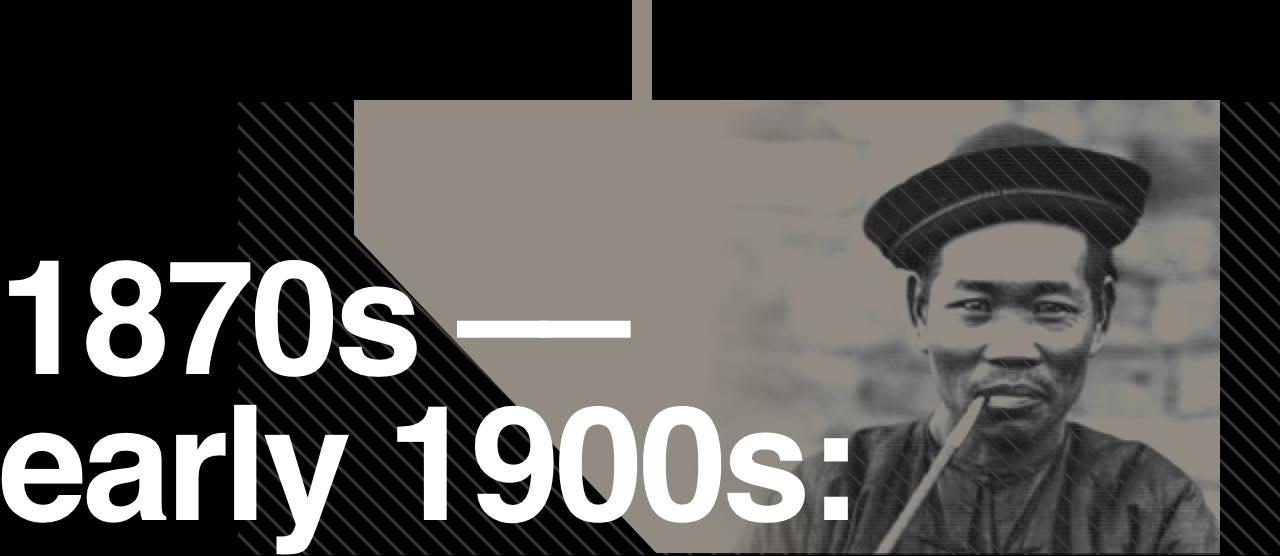 |
| The first anti-opium laws are created to criminalize Chinese immigrants in San Francisco. The first anti-cocaine laws are created to criminalize Black men in the South, and the first anti-marijuana laws are created to marginalize Mexican migrants – see a trend? |
| |
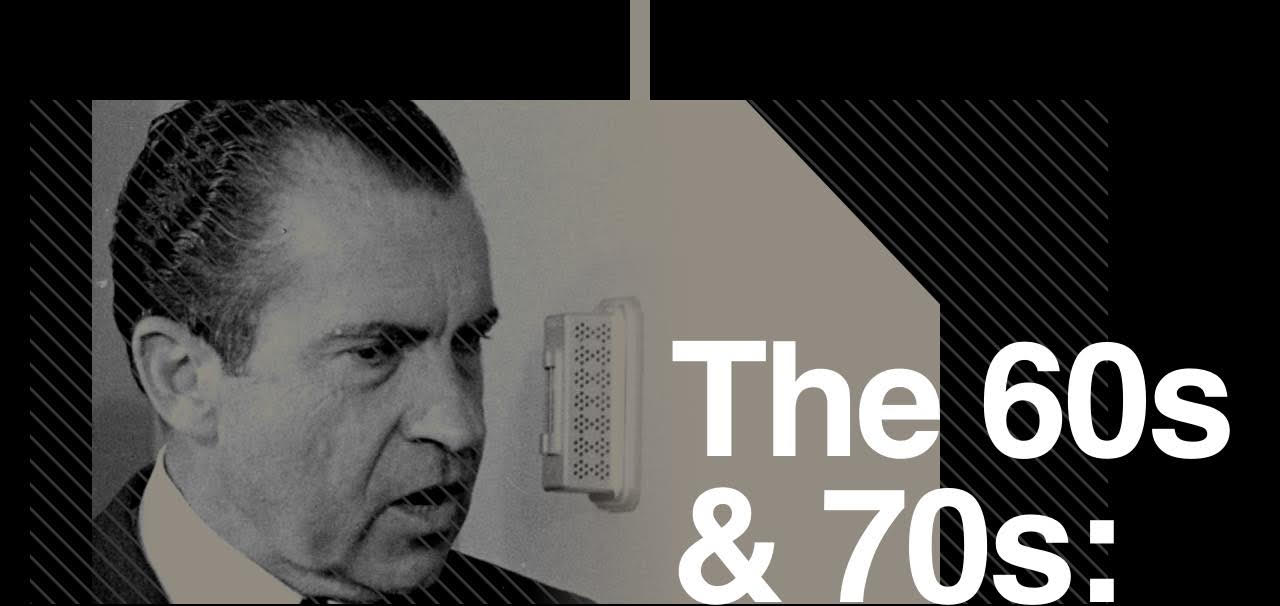 |
| President Nixon declares a "war on drugs," which his top advisor later admitted was a policy tool to attack and outlaw Nixon's enemies: anti-war protestors and Black activists. |
"We couldn't make it illegal to be either against the war or black, but by getting the public to associate the hippies with marijuana and blacks with heroin... we could arrest their leaders, raid their homes, break up their meetings, and vilify them night after night on the evening news. Did we know we were lying about the drugs? Of course we did."
– John Ehrlichman, top Nixon Advisor |
|
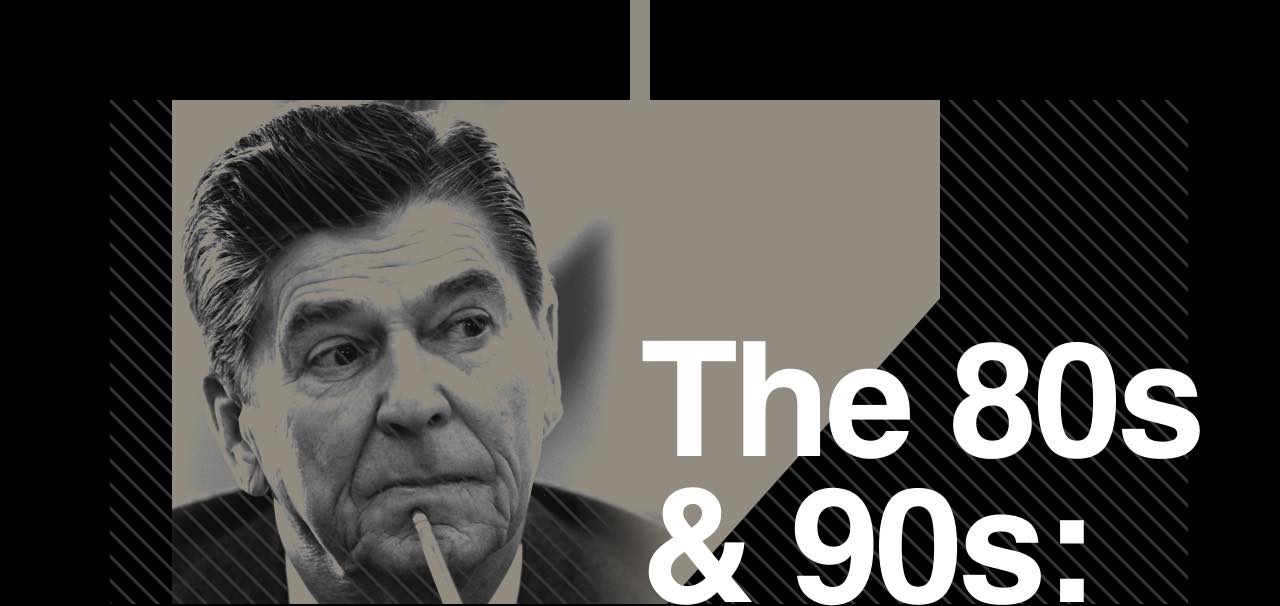 |
| Ronald Reagan doubles down on Nixon's war, and Republicans and Democrats join forces to pass mandatory minimum sentences. The number of people in prison for drug law violations skyrockets from 50,000 in 1980 – to over 400,000 in 1997. |
| |
 |
| A devastating war and its effects |
|
|
|
|
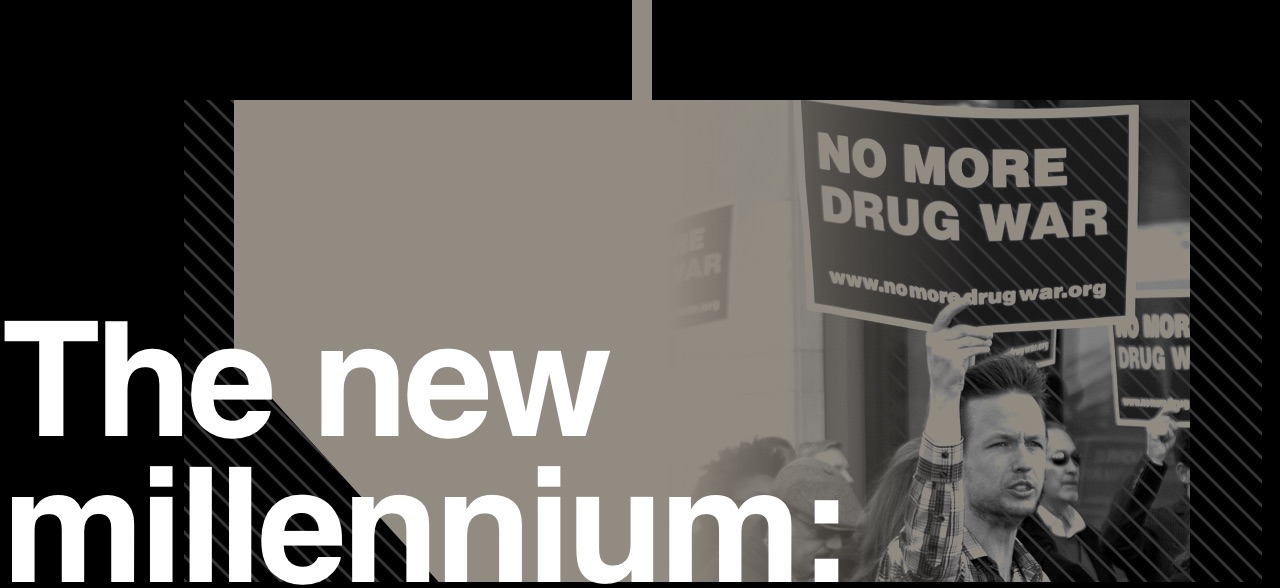 |
| Marijuana reform gains unprecedented momentum as people fight back against the assault on their civil liberties and bipartisan consensus forms around criminal justice reform. Public opinion shifts drastically – because of supporters like you. |
| |
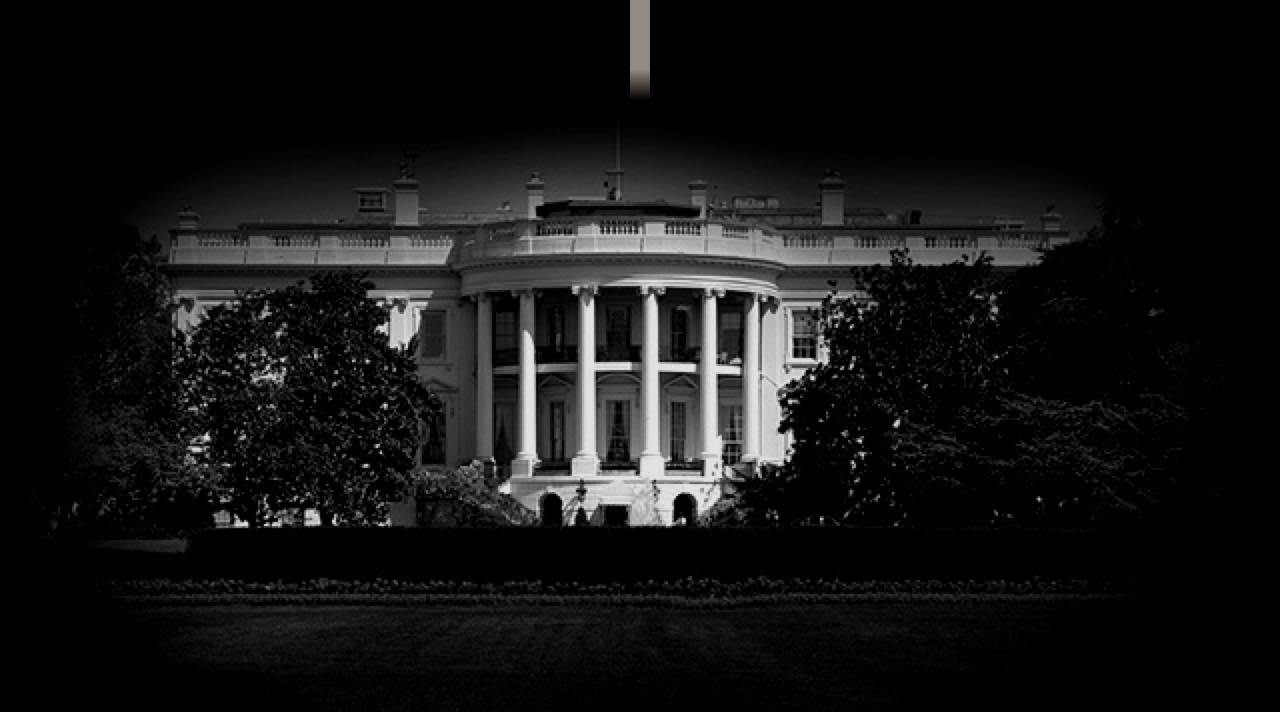 |
| But now, the current administration is threatening that progress – and we need advocates like you to step up and ensure we don't lose ground on this generational movement for human rights and drug policy reform. |
|
|